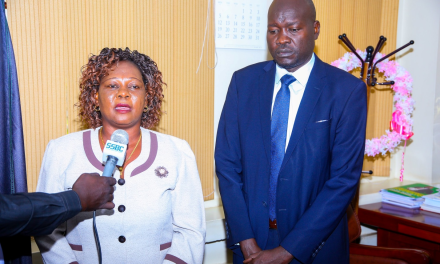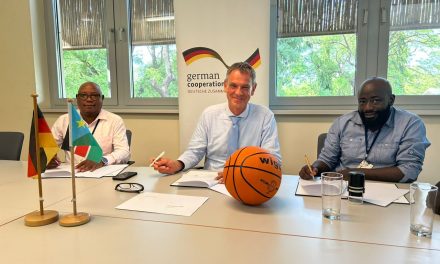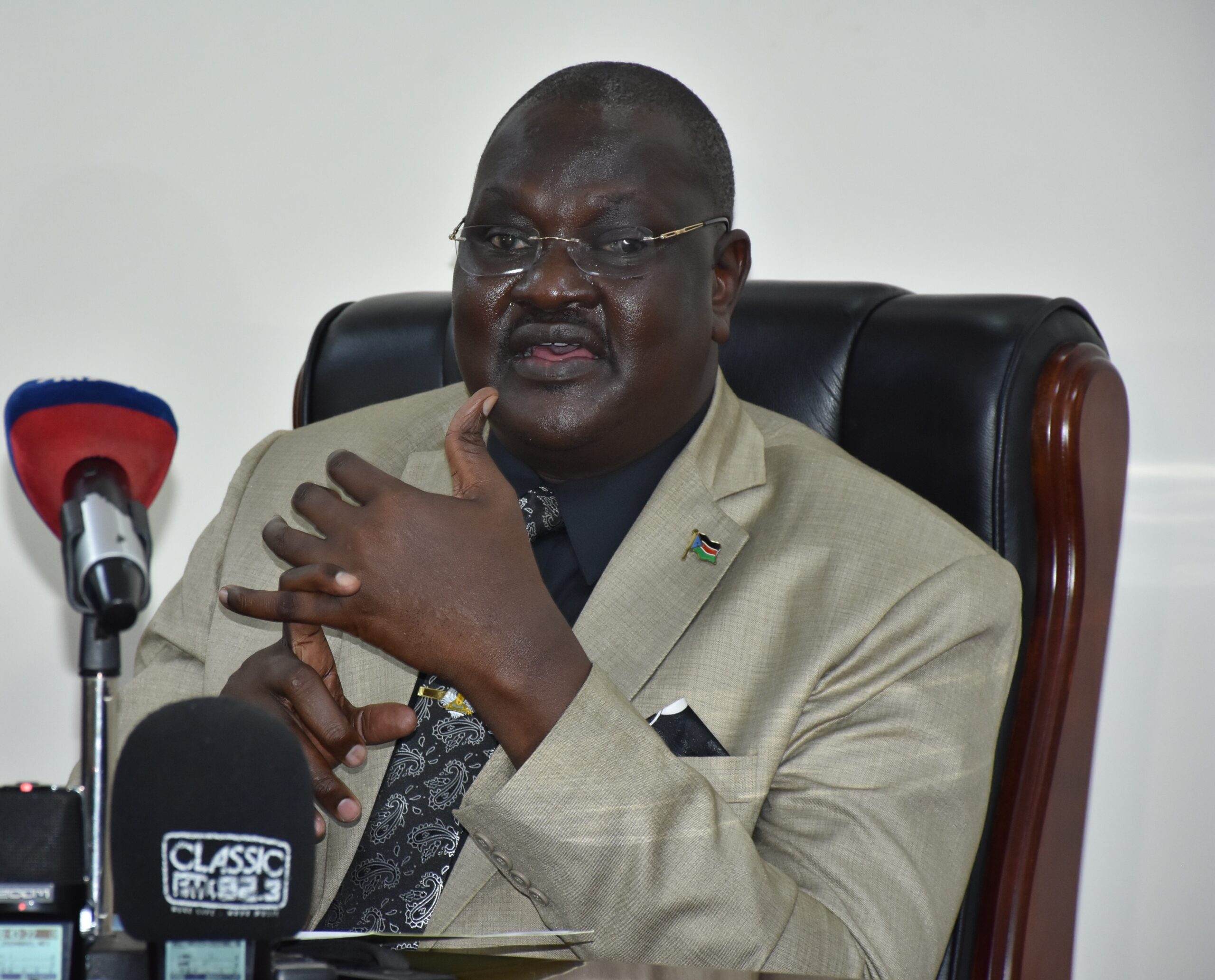
Central bank rolls out project to strengthen capacity to track illicit financing

By Denis Ejulu
The Bank of South Sudan together with the World Bank on Tuesday launched a 5-year project, aimed at strengthening the capacity of the apex bank and other affiliated institutions to track money laundering and terrorism financing.
“The Strengthening South Sudan Financial Sector (3SF) project, will enable us to modernize the bank, and at the same time to strengthen the broader financial sector in the country,” said Dr. James Alic Garang, the Governor of the central bank in Juba.
Maryam Salim, World Bank Country Director for Eritrea, Ethiopia, South Sudan and Sudan, said that this initiative represents a significant milestone in the World Bank’s ongoing commitment to supporting economic development and stability of South Sudan.
She noted that the project reflects the changes in the World Bank South Sudan portfolio, adding their support for the youngest nation, has moved from immediate needs to longer-term development in which South Sudan exercises ownership and leadership.
“The 3SF project represents a significant step towards creating a more stable, efficient and inclusive financial sector in South Sudan, it is focused on institutional strengthening and rebuilding the credibility of the central bank to serve as a fundamental intervention to make a strong foundation for the sector’s development,” Salim said.
However, Salim said that the financial sector in South Sudan faces numerous challenges that have hindered it’s ability to effectively serve the needs of the population and contribute to sustainable development, adding that this project aims to address these challenges, by focusing on strengthening and modernizing the central bank which is key for transforming the banking sector and spurring private- sector led growth.
“The strengthening South Sudan Financial Sector project is crucial for maintaining stability and integrity within the financial system which in turn fosters trust and confidence among depositors, investors and the general public,” she said.
The project which places stronger emphasis on promoting financial integrity, combating money laundering and the financing of terrorism, is financed by the World Bank to a tune of 18 million U.S dollars.
It focuses on building the capacity of not only the central bank, but also the Financial Intelligence Unit (FIU) and other relevant authorities responsible for overseeing and enforcing financial regulations.
Uloaku Oyewole, Senior Financial Sector Specialist and Task Team Leader of the project said that they are focused on strengthening the capacity of the central bank to fulfill its enforcement, supervisory mandate and support a well-functioning and stable financial sector.
She noted that once this objective is achieved, it will instill confidence from the public financial institutions supervised by the central bank and also confidence from foreign investors.
“Restoring trust and discipline in the (financial) sector is crucial for the stability and growth of the country’s economy,” Oyewole said.
Samuel Yanga Mikaya, First Deputy Governor of the Central Bank, said that the project will ease implementation of the national payment system which is in the offing.
“The core banking system at the current stage will not be able to hold the national payment system, that is on progress and if that national payment system is implemented it is going to facilitate the entire financial sector, so the first prerequisite is to upgrade the core banking system so that it is then able to get onboard the national payment system,” Yanga said.



































